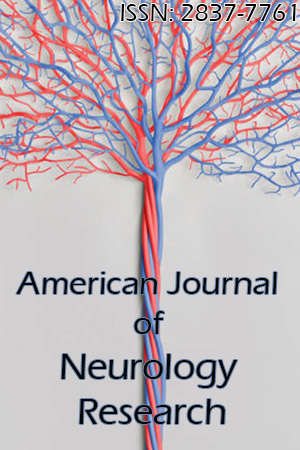The Absent Healer: The Problem of Evil, and Therapeutic Approaches to Patient Suffering
Julian Ungar-Sargon
This paper explores how the concept of divine concealment (hester panim) across psychoanalytic and Jewish mystical traditions can inform clinical approaches to patients experiencing suffering and confronting the problem of evil. By examining frameworks established by Freud, Lacan, Rabbi Shagar, the Lubavitcher Rebbe, and Rav Kook, we develop a model for understanding how absence and concealment function in the therapeutic relationship.
The paper argues that clinicians can draw on these diverse intellectual traditions to develop more nuanced approaches to patients experiencing spiritual crises, trauma, and existential suffering. Through case examples and theoretical integration, we demonstrate how these frameworks can help clinicians navigate questions of meaning, purpose, and ethical responsibility when working with patients confronting profound suffering. Drawing on original research examining the liminality of the suffering experience, we propose a therapeutic stance that acknowledges the value of witnessing, the generative nature of absence, and the ethical implications of concealment in clinical practice.

